DTC and PWM technology
Since 1971, F. Blaschke, a German Siemens company, invented the principle of AC motor vector control (hereinafter referred to as VC) based on AC motor coordinate exchange, AC motor vector control has been widely used. After 30 years of product development and engineering practice, the principle of vector control is becoming more and more perfect, and most of the large and small AC motor variable frequency speed control systems adopt vector control, so that the AC motor speed regulation reaches and exceeds the traditional DC motor speed regulation performance. In 1985, Professor M. Depenbrock of Ruhr University in Germany proposed another AC motor speed control principle different from coordinate transformation vector control - direct torque control (hereinafter referred to as DTC), Ruhr University professors have been in international academic conferences and to China to introduce DTC technology, which has aroused great interest and attention from the academic community. The DTC principle has distinct characteristics different from VC: no rotation coordinate transformation is required, torque and flux are controlled on the stationary coordinate system, and bang-bang control is adopted. DTC and pulse width modulation PWM technology are used together, fast torque response, applied to locomotive traction drive of GTO voltage inverter The emergence of DTC has caused an upsurge in the research of AC motor control theory, and many domestic universities have conducted in-depth research on DTC technology and system, and many articles have proposed some useful improvement methods to contribute to DTC theory and practice. However, it should be pointed out that in the early days of DTC introduction into China, people's perspectives focused on DTC's non-rotational transformation and bang-bang control. With the rapid development of computer technology, the technical realization of VC rotational coordinate transformation has not become a problem, and because DTC technology application examples are limited to locomotive traction transmission of GTO voltage inverters, domestic academia and inverter manufacturers have no conditions for in-depth research on practical DTC technology and the static and dynamic characteristics of DTC inverters.







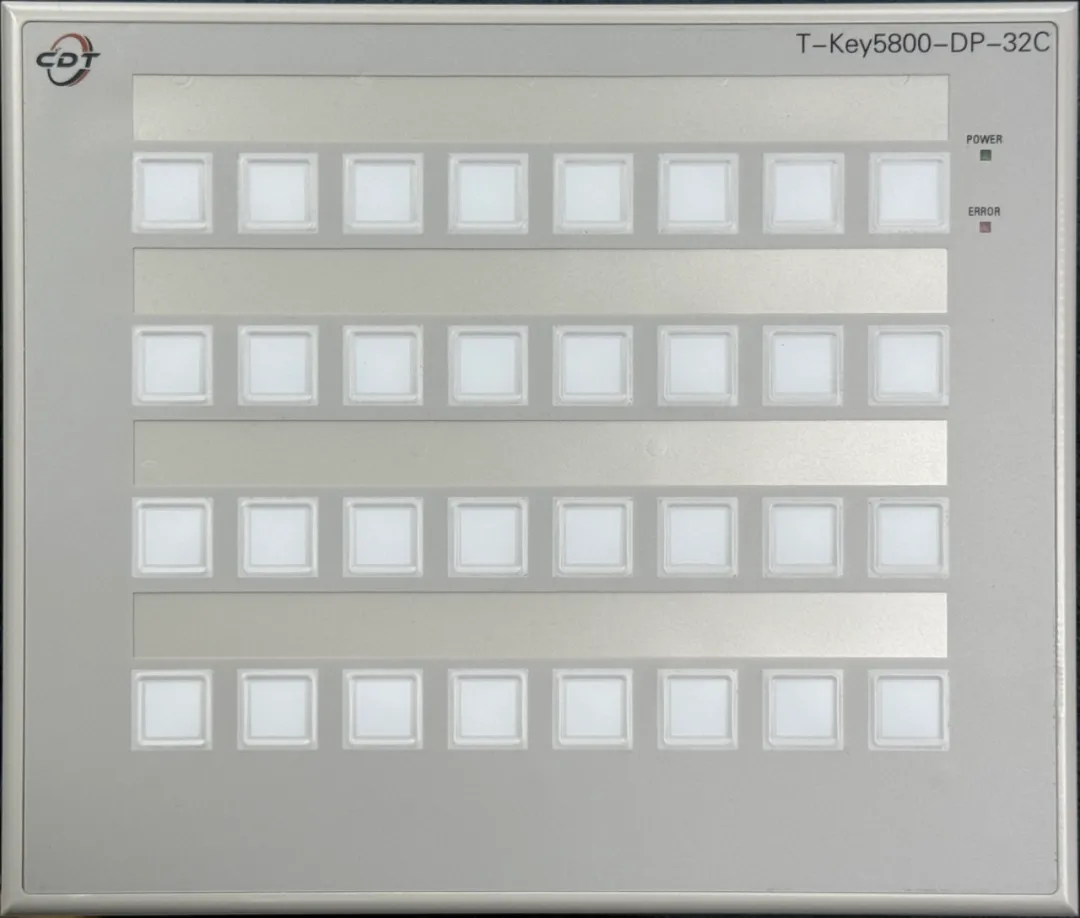
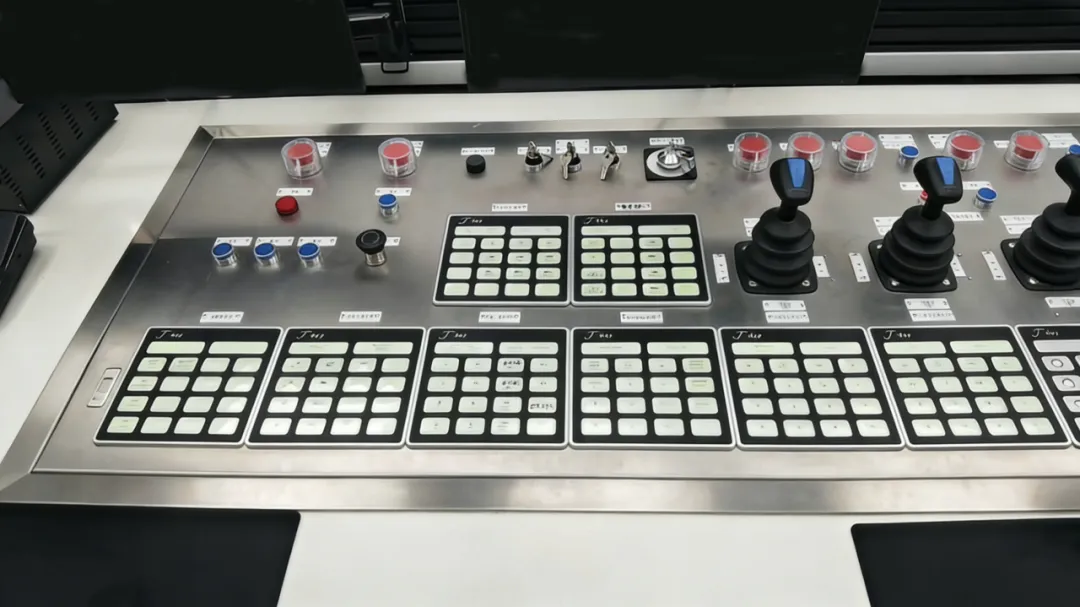

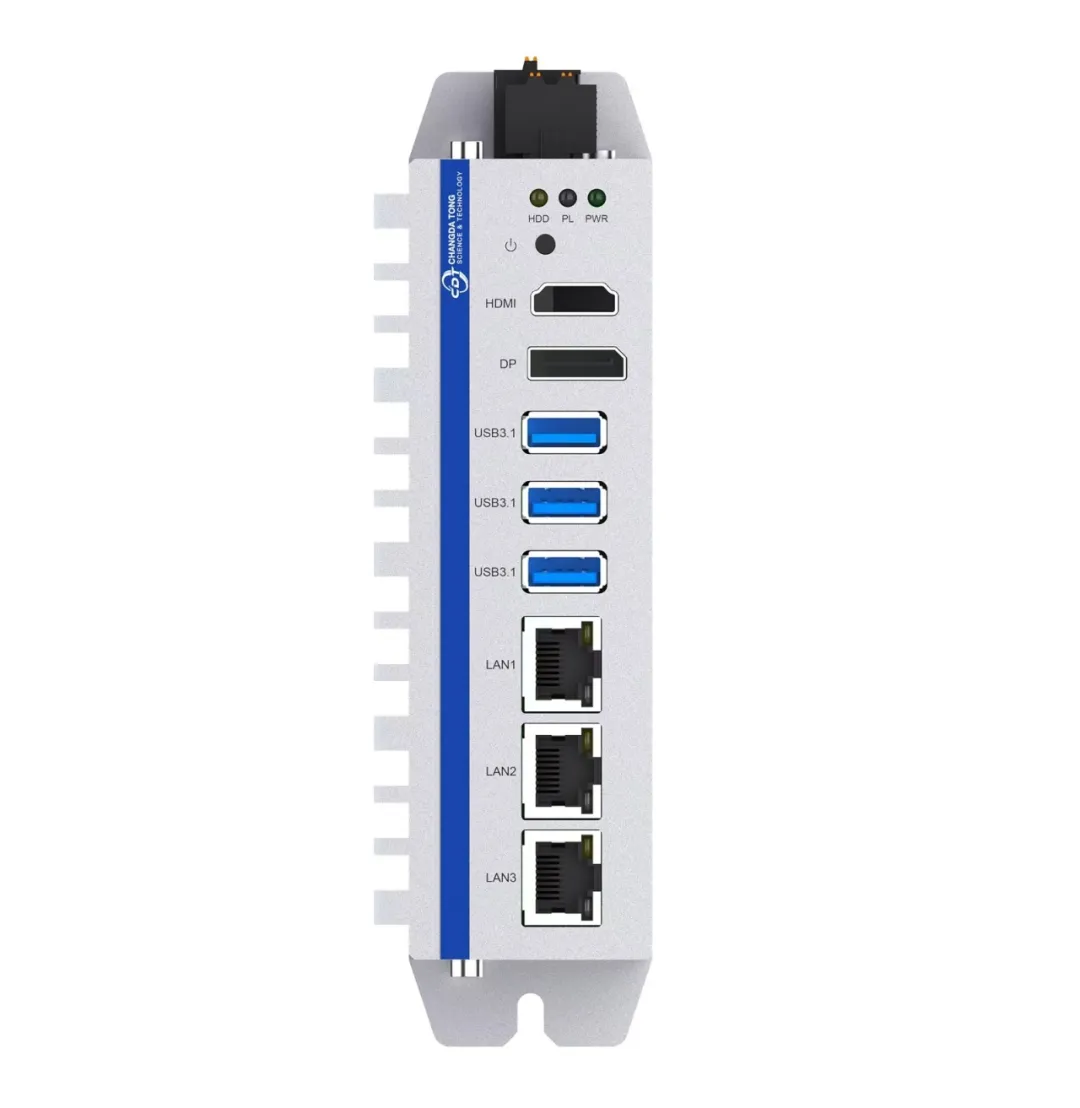
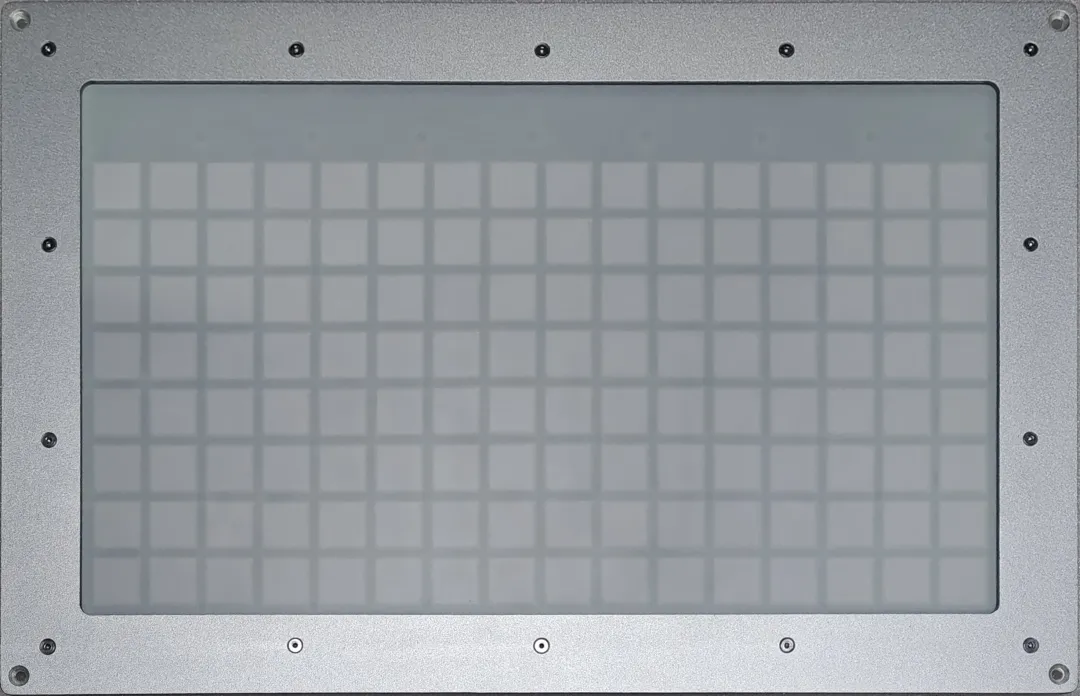
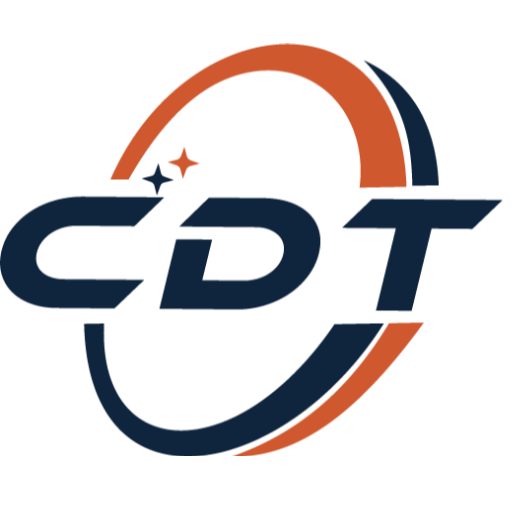





Please first Loginlater ~